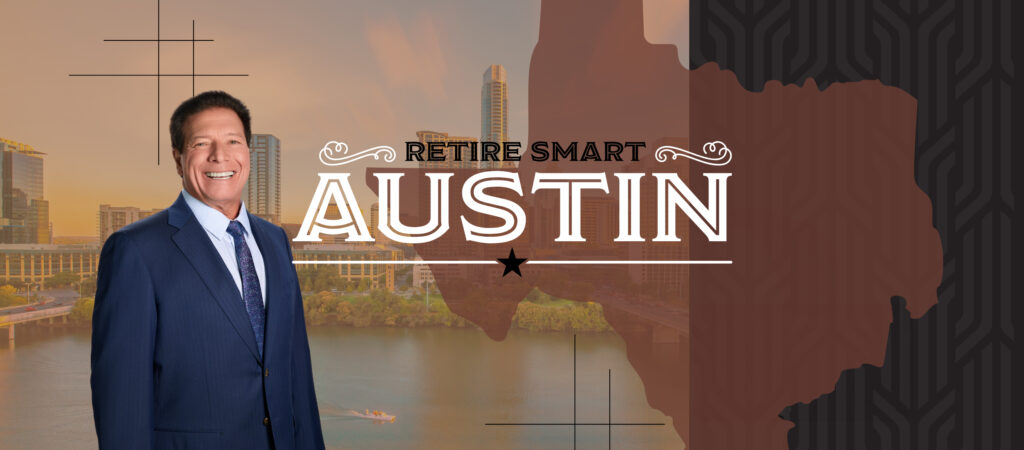We have a client who has children from a previous marriage. Upon the husband’s death, he wants to make sure his current spouse has access to income from his IRA. But he also wants to make sure the remaining balance, when she passes, goes to his children from his first marriage and not to someone else, e.g., her children.
How best to make sure that happens?
Answer:
We do not normally recommend that a trust be named as IRA beneficiary, but this is one situation where naming a trust makes sense. The trust you would use is called a “QTIP” (qualified terminable interest property) trust. This is a special trust that is created to qualify for the estate tax marital deduction while giving the IRA owner (the trust creator) control over the trust principal (the IRA) after his death and after the death of the spouse. But QTIP trusts must also satisfy the IRA beneficiary distribution rules, and that can be difficult. For this reason, you should work with a estate attorney who is familiar with those rules.
To avoid the complications of a QTIP trust, another strategy you may consider is simply splitting the IRA. The client could decide how much he would like his wife to have and set up a separate IRA with her as beneficiary. The remainder could be left in the IRA with his children from his prior marriage as beneficiaries.
Question:
Hello, I attended the IRA workshop at National Harbor in July. I’ve searched through my materials, but I’m still confused about this situation.
My client has recently inherited an inherited IRA. Dad passed away a couple of months ago and he had an IRA that he inherited from his aunt (post 2020). The aunt was already taking RMDs. Dad was using the 10-year rule.
What are the minimum requirements for Dad’s 32 year-old daughter that just inherited this account?
Thank you much!!
Ricky
Answer:
Hi Ricky,
Your client (the daughter) is a successor beneficiary – the beneficiary of a beneficiary. All successor beneficiaries are subject to the 10-year payment rule. If, as in this case, the original beneficiary (Dad) was himself subject to the 10-year rule, the successor must empty the inherited account by the end of the original beneficiary’s 10-year period. In other words, the successor cannot tack on a new 10-year term of her own. Starting in 2025, the daughter must also receive annual required minimum distributions (RMDs) during those remaining years – based on Dad’s single life expectancy.
QTIP Trusts and Successor Beneficiaries: Today’s Slott Report Mailbag





